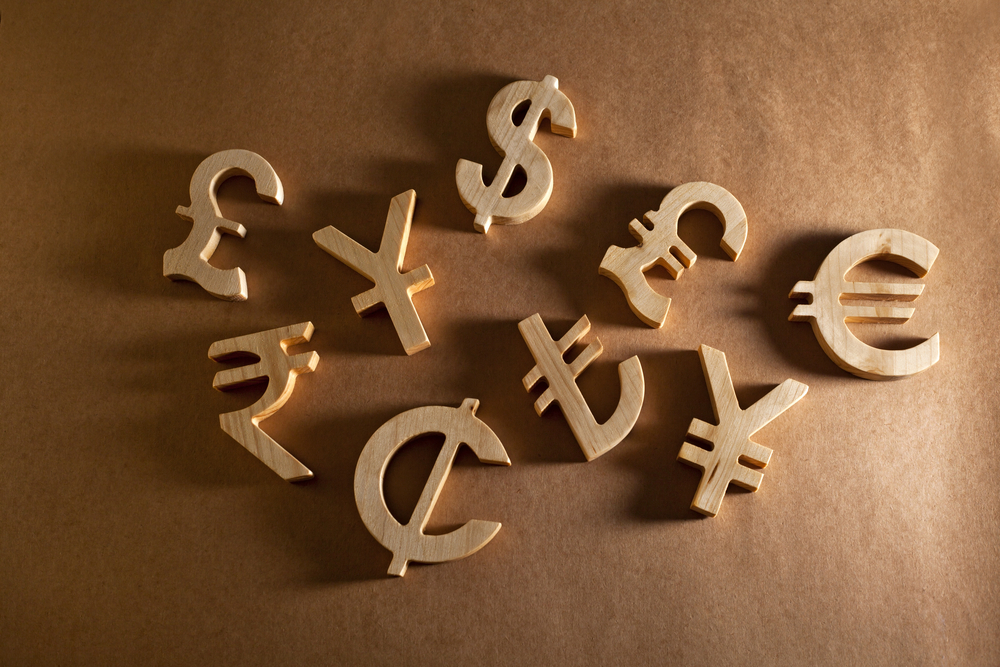The Chicago-based consultancy Kearney has just released its FDI Confidence Index for 2024, with the U.S. taking the top ranking for the 12th consecutive time.
The study is an annual survey of global investors and executives from companies in 30 countries with annual revenue exceeding USD 500 million, classifying markets likely to attract the most foreign direct investment in the next three years.
This year, 88 percent of those surveyed — 6 percent up from 2023 — said they plan to increase their FDI in the next three years, but they will do so mostly in developed markets, representing 17 of the 25 markets in the index. “Results suggest investor optimism is high and has the potential to grow even more in the next three years, but key risks related to geopolitical tensions and a restrictive regulatory environment loom large,” writes the consultancy.
The good news is that, despite the growing geopolitical tension, 84 percent of respondents say they plan to keep or seek new investments in emerging markets, up three percentage points from last year.
Among the emerging economies, China is the best ranked, in third place, and the United Arab Emirates and Saudi Arabia recorded “meteoric rises,” jumping from 18th to 8th and 24th to 14th, respectively.
Ranked 19th, Brazil reached its best position since 2017 after not making it into the list in 2023. Between the 2000s and the beginning of the 2010s, the country appeared in third place several times, but several crises, especially the 2014-2016 recession, the worst in its history, took the country off the investors’ trust list.
Kearney points out investors may have been influenced by Transport Minister Renan Filho’s September 2023 announcement that the market hopes to attract around BRL 180 billion (USD 36.6 billion) of private investments in new infrastructure projects over the next three years — the survey was applied in January this year. Investors also see Brazil as a critical market for producing goods with low embedded carbon emissions.
Last year, foreign direct investment plummeted by 17 percent in Brazil, from USD 74.2 billion in 2022 to USD 62 billion (or 2.85 percent of GDP), according to Central Bank data. Unlike foreign investment on the stock market, FDI is the flow of long-term investment, such as the construction or opening of multinational offices.
The 2023 result was mainly driven by a decline in intercompany operations and commodity prices. In a report to investors right after the release of the data in February, Goldman Sachs’s head of Latin America economic research, Alberto Ramos, emphasized that a deep fiscal adjustment in Brazil “is key to enabling a permanent structural current account adjustment and creating space for a pick-up in currently very low investment” levels.


 Search
Search






































